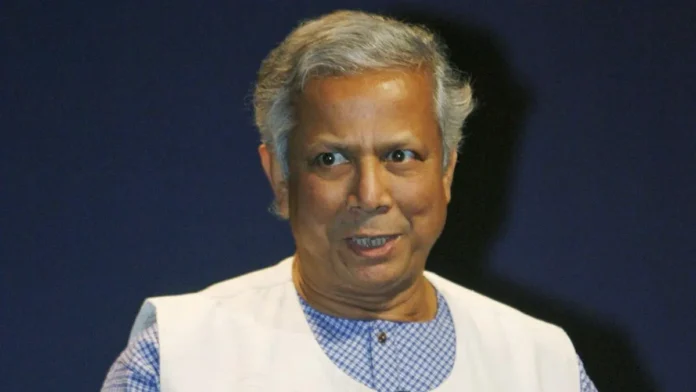The upcoming meeting between Nobel Laureate Muhammad Yunus and Chinese President Xi Jinping is highly anticipated as it is expected to mark a significant milestone in deepening bilateral relations between Bangladesh and China. This meeting holds great importance for both countries, as it has the potential to open up new avenues for cooperation and strengthen the existing ties between the two nations.
Bangladesh and China have enjoyed a strong relationship for decades, with China being one of the largest trading partners and investors in Bangladesh. In recent years, this relationship has only grown stronger, with China providing vital support in Bangladesh’s development projects, especially in the fields of infrastructure and energy. The proposed meeting between Yunus and Xi is a reflection of the mutual respect and admiration between the two nations and will further solidify their bond.
Muhammad Yunus, widely known as the “Banker to the Poor,” is a renowned economist and social entrepreneur from Bangladesh. He is the founder of Grameen Bank, which pioneered the concept of microfinance and has helped millions of people in Bangladesh and other developing countries to escape poverty. Yunus’s contribution towards poverty alleviation and sustainable development has earned him global recognition, including the Nobel Peace Prize in 2006.
On the other hand, Chinese President Xi Jinping is a visionary leader who has been instrumental in China’s remarkable economic growth and its emergence as a global superpower. Under his leadership, China has made significant strides in eradicating poverty and promoting inclusive growth. President Xi’s “Belt and Road Initiative,” which aims to enhance connectivity and promote economic cooperation between countries, has been welcomed by many developing nations, including Bangladesh.
The meeting between Yunus and Xi is expected to focus on exploring new avenues of cooperation between Bangladesh and China, particularly in the areas of poverty alleviation and sustainable development. Both leaders share a common vision of creating a better world for all, and this meeting provides an excellent opportunity for them to exchange ideas and strategies to achieve their shared goals.
One of the key areas of discussion is likely to be microfinance, in which Bangladesh has made significant progress, thanks to the pioneering efforts of Yunus. China has already shown interest in adopting the microfinance model of Grameen Bank, and this meeting could pave the way for further collaboration in this field. Cooperation in other sectors, such as renewable energy and technology, is also expected to be on the agenda.
The meeting between Yunus and Xi is also significant in the context of the ongoing COVID-19 pandemic, which has affected both countries. China has been a crucial partner in Bangladesh’s fight against the pandemic, providing essential medical supplies and equipment. Through this meeting, both sides are expected to reaffirm their commitment to working together to combat the global health crisis and its socioeconomic impacts.
Moreover, the meeting is also expected to boost people-to-people connectivity between Bangladesh and China. As two ancient civilizations with rich cultural heritage, there is immense potential for cultural exchanges and tourism between the two countries. The meeting between Yunus and Xi is a testament to the strong people-to-people ties between Bangladesh and China and will further promote mutual understanding and friendship between the two nations.
In conclusion, the Yunus-Xi meeting is an essential step towards deepening the already strong bilateral relations between Bangladesh and China. It is expected to be a fruitful and productive dialogue, leading to increased cooperation and collaboration between the two countries. The meeting holds great promise for the future, and its outcomes are eagerly awaited by both nations. As we look forward to this historic event, let us hope that it will further strengthen the bond between Bangladesh and China, bringing prosperity and progress to both nations.


